
Common and Diverse in Russians' Views On Their Present & Future
Introduction
{{margin-small}}
Over the past 1.5 years, OMI has undertaken extensive research endeavors to gain insights into the Russian population's perspectives regarding Putin's regime, the war in Ukraine, and the trajectory of the Russian state. This research has led to the identification of four distinct groups based on their attitudes toward these ongoing matters: Hawks, Loyalists, Moderates, and Liberals. A comprehensive characterization of each of these groups was previously detailed in our prior report.
The current article focuses on illuminating aspects of life satisfaction, daily challenges, and outlook for the future within the identified clusters.
{{margin-big}}
Executive Summary
{{margin-small}}
- Generally, pro-war Russians are mainly satisfied with their life despite the existing problems. Yet, bursts of anxiety start emerging among Loyalists. Nevertheless, the stronger respondents disagree with the current government, the less satisfied they are with their lives and the less likely they believe they can control their own lives.
- The Russian population has lower resilience levels than the Ukrainian people (3,5 vs. 3,7 out of 5). It is crucial to highlight that among the population, the staunchest supporters of the regime, referred to as "Hawks," emerge as the most resilient group within Russian society. These individuals, despite the persisting challenging circumstances, exhibit proactive measures to maintain their physical well-being. Furthermore, they display the highest levels of psychological stability.
- 84% of respondents want to stay in Russia, but 53% of Liberals wish to move abroad, with 12% actively planning to do so. Notably, 77% of Liberals are worried about potential restrictions on leaving Russia. This highlights the unique views and desires of the Liberal group versus the overall population.
- Despite variations in political preferences and lifestyle choices, a common thread unites all respondents: concerns regarding the financial well-being of their families and worry about military actions on Russian soil.
{{margin-big}}
Methodology
{{margin-small}}
Disclaimer on surveys in Russia
The Open Minds Institute team is aware of the possible limitations imposed by the current political regime in Russia and a tense societal atmosphere that may influence the accuracy and reliability of poll results. Nevertheless, we consider our surveys in Russia as a reliable source of information for a few reasons:
- Participation in our surveys is voluntary, and respondents can interrupt the survey anytime (based on data from Levada, the number of interrupted interviews is a stable indicator in Russia, and it does not grow in the polls about Ukraine or the war).
- The surveys are conducted online, so the respondents do not interact with interviewers, therefore feeling safer answering any question. Additionally, there’s no sign-in required to take part in the poll.
- Finally, OMI found no correlation between the tendency to give socially desirable answers and war or regime support.
No research or study in any country of the world is able to provide a full and comprehensive picture of the state of things in society. However, by critically consuming and interpreting the findings of trusted research teams, the numbers can open up the veil of ignorance.
{{margin-small}}
Sample
The respondents were recruited online. The final sample included 1047 respondents, stratified by gender and age. The sample is also representative of the population of small and big cities in central Russia. We previously conducted a study comparing Russian responses to a cluster analysis using 38 social, psychological, and demographic variables, where we identified 4 distinct clusters of respondents.
In this study, with an aim to compare answers of the identified segments, the respondents were proposed to read the description of 4 people and choose which of them they identified with the most. The existing clusters were depicted in the following way:
Cluster 1. Hawks (36%). This person feels like a 100% Russian and is proud of it. He believes the country is moving in the right direction and fully supports the government's decisions. This person feels psychologically well. He feels no doubts within; his personal and the country's goals are aligned.
Cluster 2. Loyalists (39%). This person identifies with Russia, but not 100%. He is inclined to support the government's actions and the course of the country's development, but he is not entirely sure this is the best way. Although he trusts the Russian media, he also prefers to read alternative publications.
Cluster 3. Moderates (19%). This person is less willing to identify himself with Russia. He believes that things in Russia are not going well and the country is rather moving in the wrong direction. However, he is personally inclined not to show his position in public; he does not believe that his actions can change anything. Therefore, he is primarily passive in social and political processes, such as elections, demonstrations, etc., and is more interested in his personal life.
Cluster 4. Liberals (8%). This person does not want to associate himself with modern Russia and the ruling regime, which he absolutely does not trust. He believes that the government is leading Russia in a destructive way. This person is looking for information from sources that have nothing to do with the Russian authorities. This person shows his position and is ready to defend it if possible.
The names of the segments were not visible to the respondents. We mentioned them now to refresh the readers' memory and simplify understanding of the results.
Note: In the current research, the share of each cluster significantly changed compared to the clusterization results. The share of Hawks (24% vs. 36%) and Loyalists (34% vs. 39%) increased, while the percentage of both anti-war groups significantly decreased (Moderates 24% vs. 19%; Liberals 18% vs. 8%). These changes do not reflect a genuine alteration in the political landscape or public sentiment. Instead, it probably means that when asked directly about political self-identification, respondents tend to provide responses that align more with socially acceptable answers.
{{margin-big}}
Key Findings
{{margin-small}}
Diverse feelings about the future
The absolute majority of respondents want to continue living in Russia, apart from Liberals.
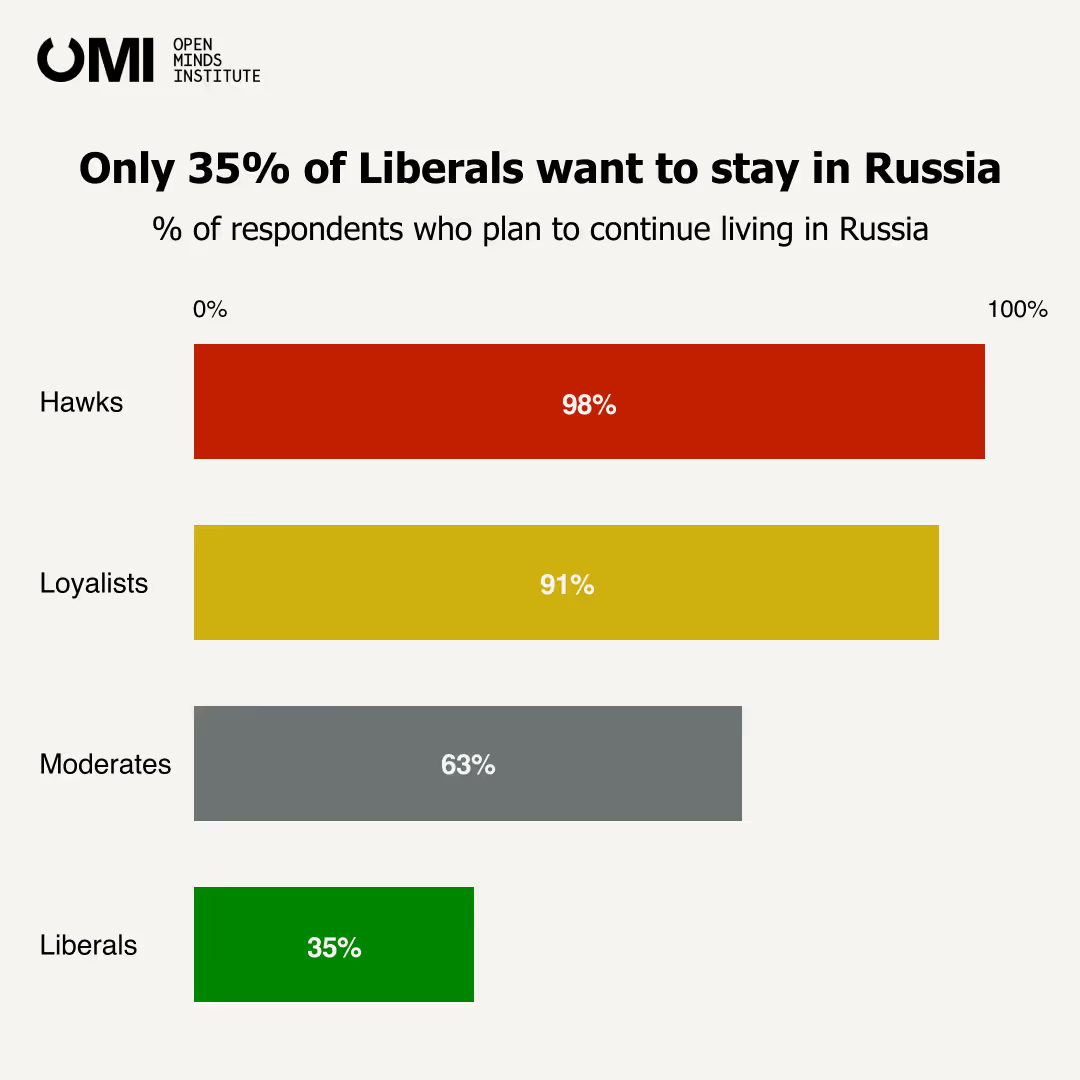
Despite the similar future plans, the way respondents feel about their upcoming life in Russia differs.
In response to the question, “What emotions do you have when thinking about your future in Russia?” the sentiments were notably varied, with no single emotion garnering more than 50% of the responses. This underscores the diversity of feelings among even closely aligned clusters about their future in Russia.
Among the Hawks, prevailing sentiments are characterized by a predominance of optimism (49%), closely followed by hope (47%). In contrast, the Loyalists are primarily driven by hope (46%) and interest (37%), tempered by a measure of anxiety (31%).
Moderates, meanwhile, grapple with a complex emotional landscape marked by heightened levels of anxiety (47%), coupled with a substantial presence of sadness (43%) and a notable intersection of anguish and fear (38% each).
For Liberals, the prospect of the future appears considerably less hopeful, as they contend with pronounced emotions of fear (61%), anxiety (54%), and a significant flow of annoyance (48%).

The outlook on future life prospects in Russia is primarily contingent upon the perceived opportunities for a quality life within the country. A significant majority of those identified as Hawks maintain the belief that the average Russian citizen possesses a comprehensive array of opportunities to attain success (73%), secure employment (82%), cultivate a thriving career (71%), maintain a stable income (71%), and engage in entrepreneurial endeavors (66%).
In contrast, when looking at different groups' feelings, there's a clear difference in optimism about these matters. For example, only about half of the Loyalists believe that better life opportunities are available to Russians.

Among the Moderates, around 30% believe that the average Russian has access to certain opportunities. In contrast, only 11% of Liberals think regular Russians have chances for success, and just 14% believe they can easily run private businesses. These figures suggest that views on quality of life in Russia are strongly tied to one's support for the government and its policies.
The varied attitudes highlighted earlier are further emphasized by differences in resilience among the groups surveyed. Here, resilience means the ability to handle tough life situations, both physically and mentally. The data shows a clear trend: the more support people have for the government, the higher their resilience seems to be. This suggests that political support and resilience are closely connected, with those more aligned with the government being better equipped to deal with challenges in their lives.
{{margin-small}}
What unites different segments of Russians?
Up to this point, we mainly discussed the differences between the 4 segments. However, the existing problems and obstacles that respondents face in their lives somehow bring all the clusters together.
Most respondents are concerned about the deterioration of their family's financial state (79%). It is worth noting that this indicator has significantly increased since May.
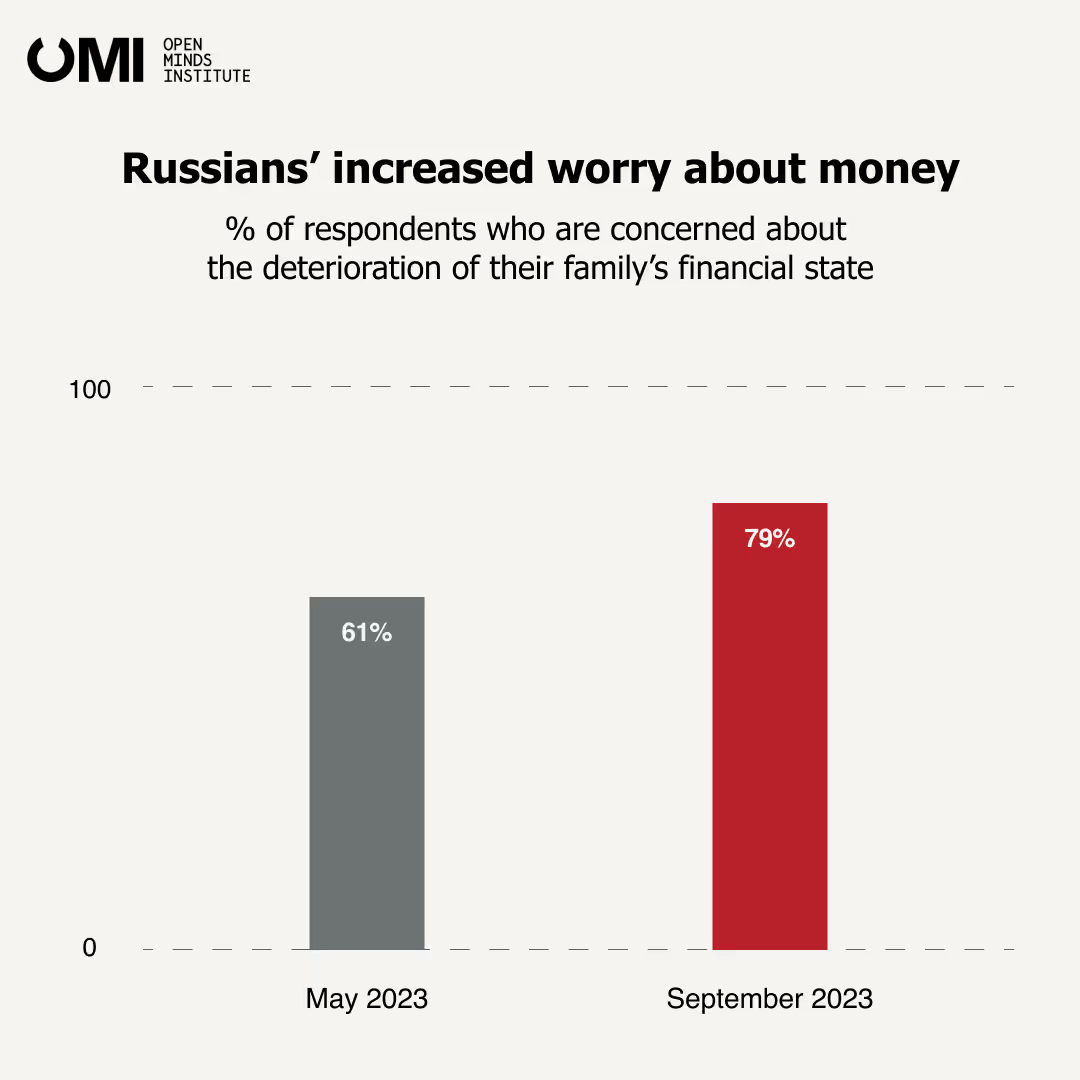
A substantial proportion of respondents, totaling 84%, articulated that they encountered challenges in the preceding year attributable to the escalation of commodity prices. Additionally, 69% of respondents cited the rising housing and communal services costs as a source of difficulty during the same period.
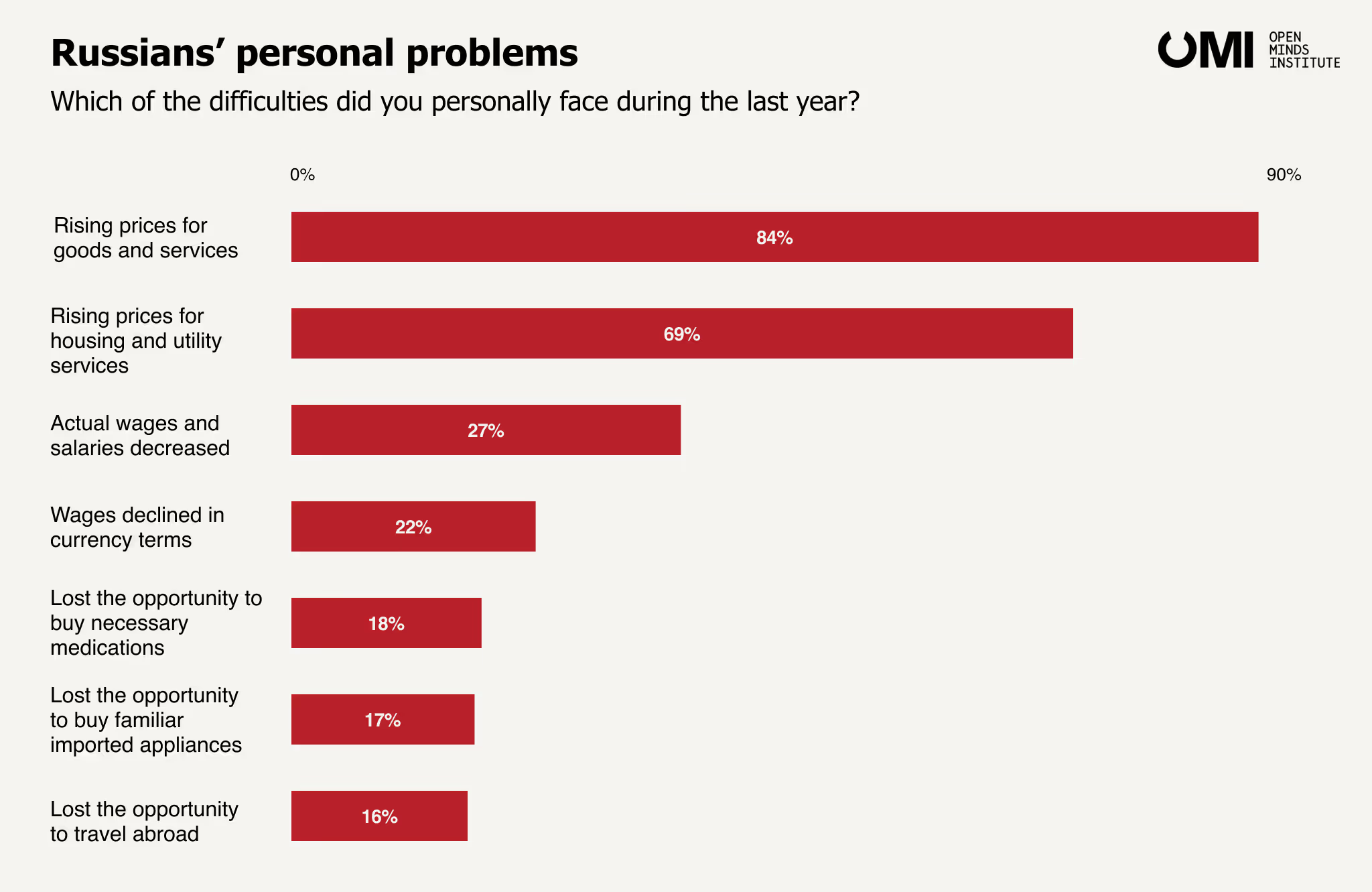
Conversely, it is evident that concerns related to the depreciation of the ruble are less pervasive, with only 45% of individuals expressing apprehension in this regard. Moreover, a mere 7% of respondents reported encountering challenges with foreign currency deposits, suggesting a tendency among Russians either to refrain from saving in foreign currencies or to engage in limited foreign currency savings practices.
This inclination is further underscored by the fact that only 14% faced obstacles in obtaining European Union visas, and a mere 9% encountered difficulties in obtaining United States visas due to sanctions. These statistics hint at a reduced inclination among Russians toward foreign travel or foreign currency-based financial endeavors.
Among sanctions imposed on Russia, up to 50% of the population had difficulties using some apps and payment systems. 37% also mentioned the problems with the purchase of medicines.
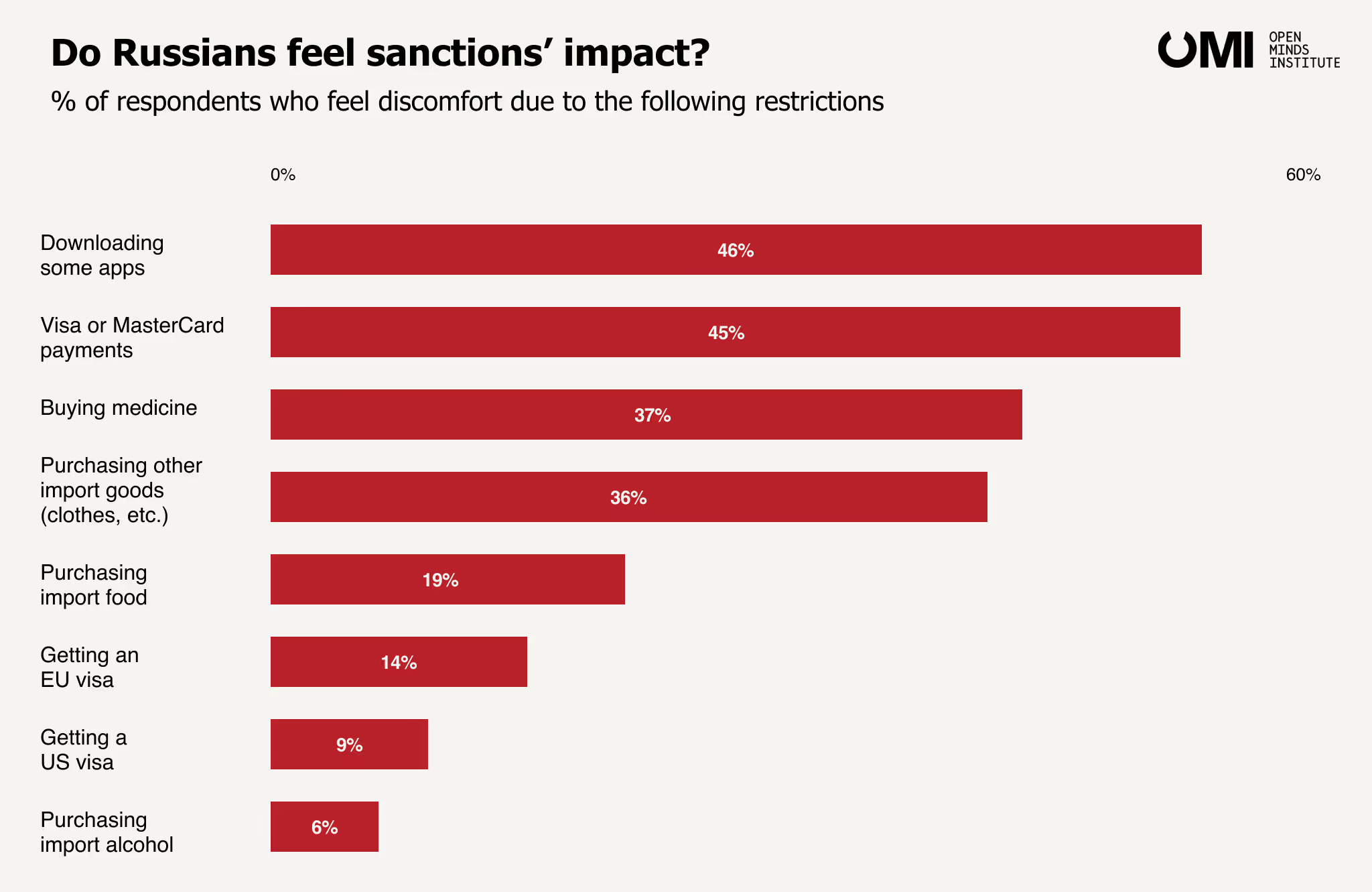
Incidentally, the state of one's health emerges as one of the paramount personal concerns for Russians across all segments. Furthermore, a substantial majority, comprising 57% of respondents, assert that the quality of healthcare services within their locality stands out as one of the most pressing issues necessitating governmental attention and intervention. Other top problems Russians believe are crucial to address in their areas are, again, pricing & quality of the communal services and unemployment.
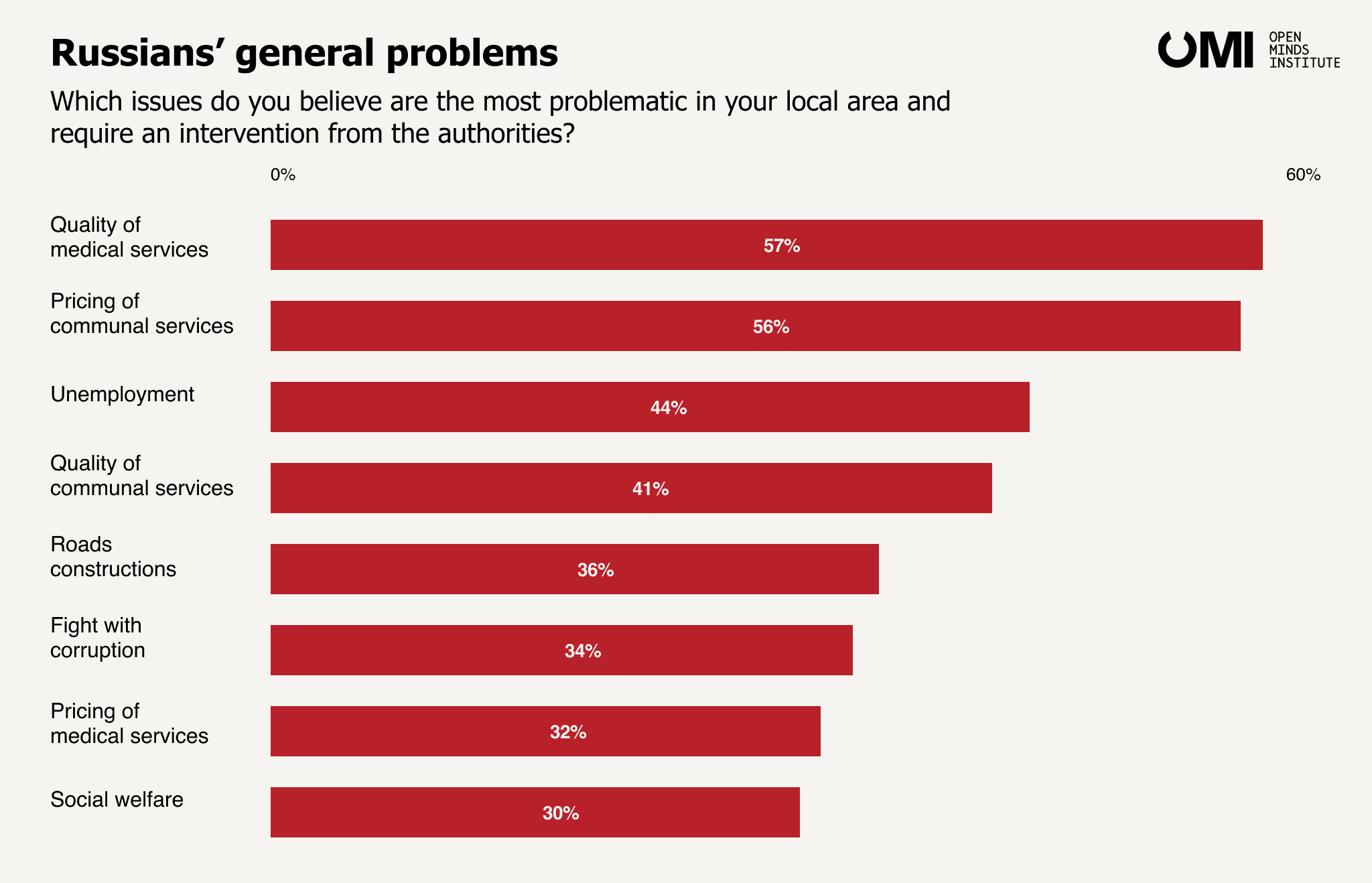
Eventually, another unified concern across all four clusters is the apprehension over potential military actions in Russia. This shared worry has notably increased, with 75% expressing concern, up from 65% as recorded in OMI's July survey. In further surveys, we will investigate what exactly Russians mean when they talk about such a worry.
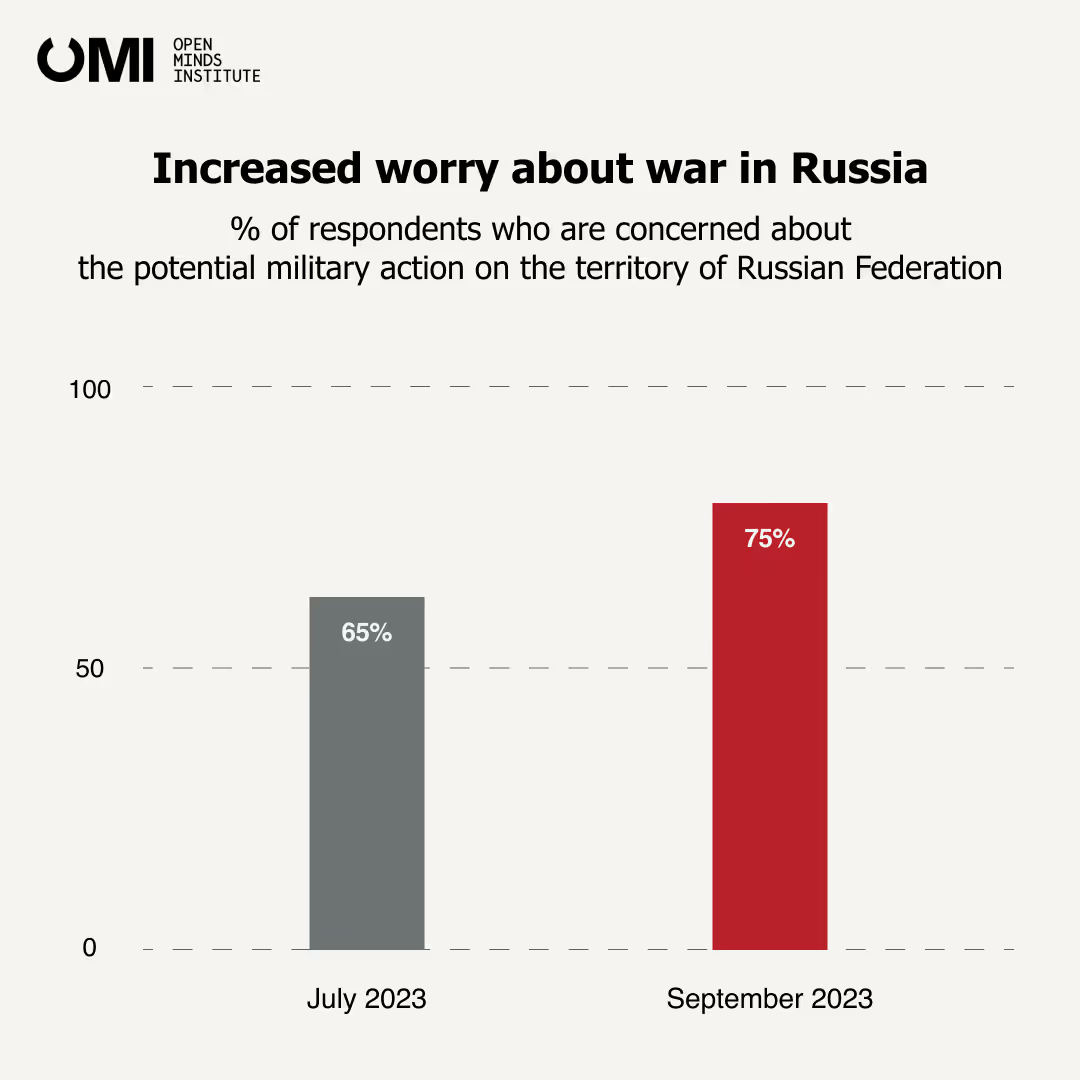
{{margin-big}}
Conclusion
{{margin-small}}
In summary, the past 1.5 years have been marked by a deteriorating financial situation for the majority of Russians. The populace has grappled with rising costs and harbors concerns that the economic challenges may worsen in the foreseeable future.
While sanctions have exerted some influence on the respondents, their impact has not been deemed critical by most.
It is noteworthy that the most adaptable and resilient members of Russian society tend to be those who firmly support the government and hold the belief that Russia is progressing in the right direction. Conversely, individuals who only partially support or do not support the government tend to experience heightened levels of anxiety and fear amidst the ongoing circumstances.
Nevertheless, despite these challenges, respondents, except for Liberals, strive to maintain hope for an improved future and persevere in their efforts to build their lives within the Russian context.
The topics mentioned below have the potential to resonate with all segments of the Russian population as they touch upon common concerns and challenges that transcend political differences:
- Economic Impact of the War in Ukraine: The idea that ordinary Russians are bearing the financial burden of the conflict in Ukraine is a matter of shared concern.
- Economic Opportunities: The anticipation of challenges in holding a stable income in the future is a universal concern. Addressing topics related to fewer job opportunities, problems with starting a business, and economic crises can capture the attention of all segments, as everyone is bothered by their financial well-being.
- Future Concerns About Healthcare Quality: The shared concern about the deterioration of healthcare services in the future is an issue that can resonate with all segments.

.svg)





.jpg)
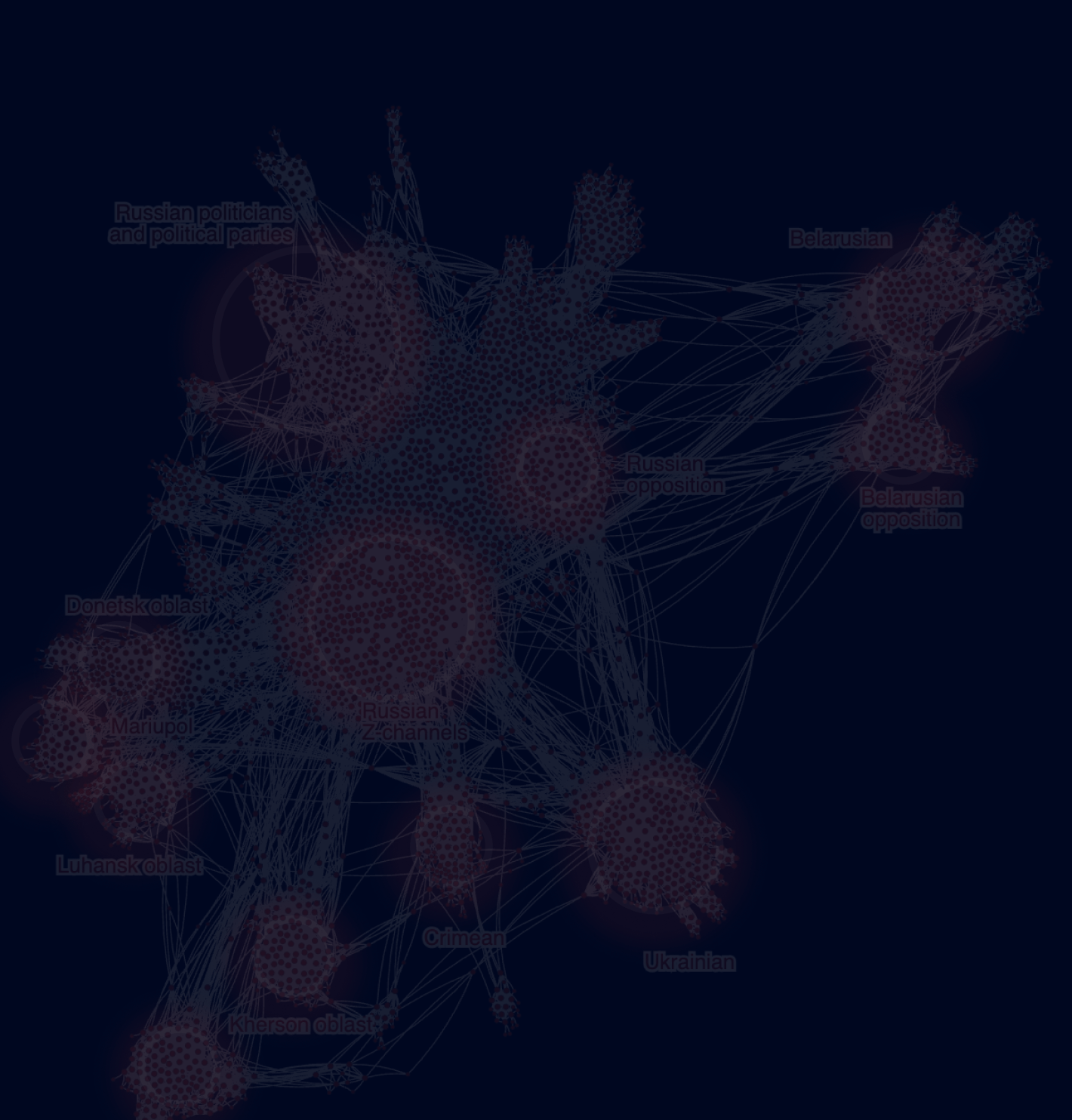
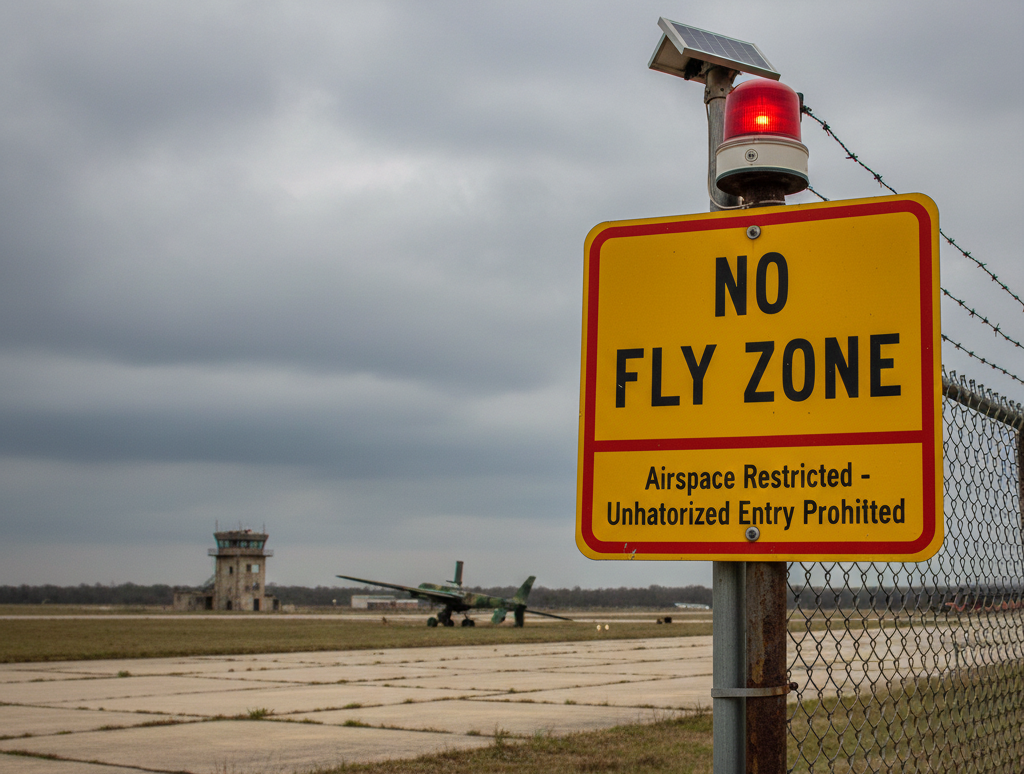
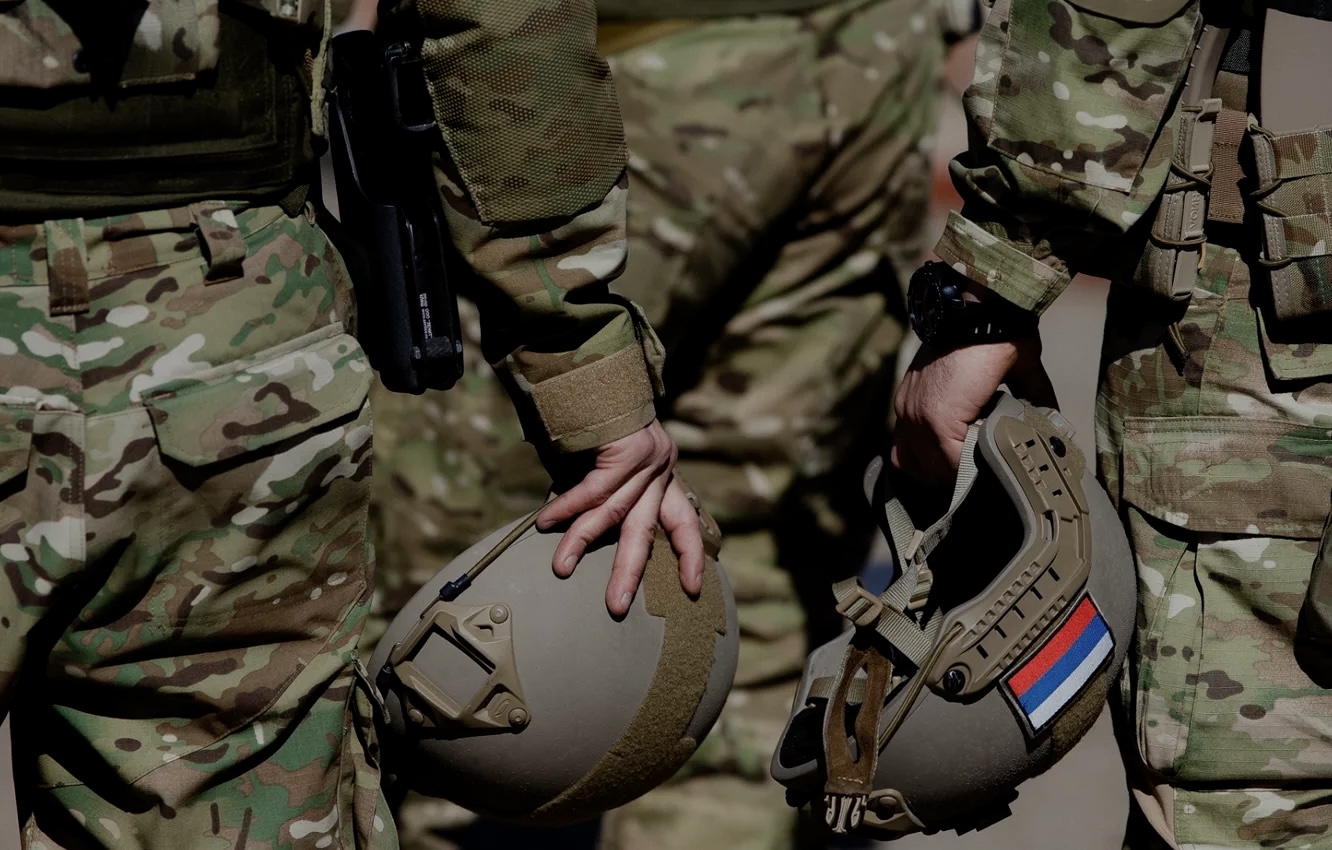

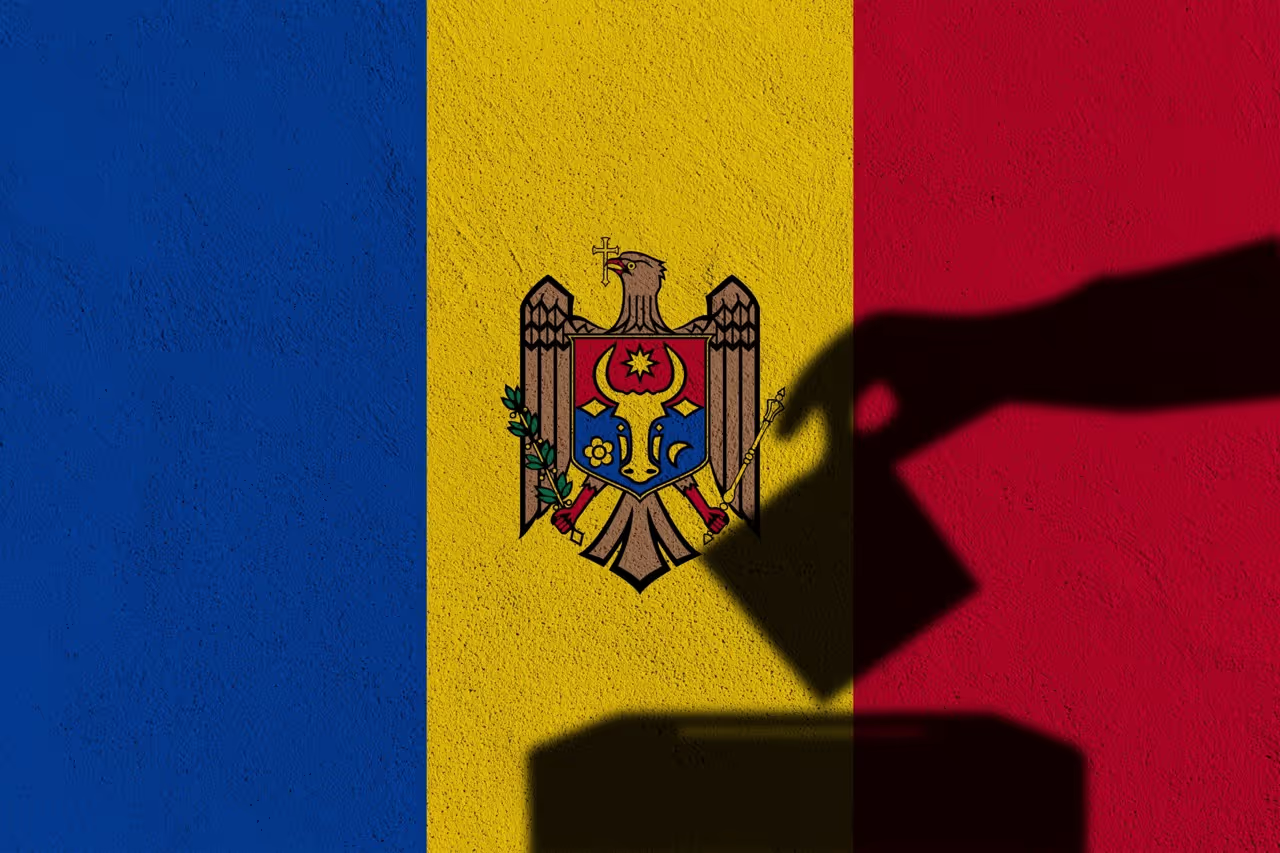
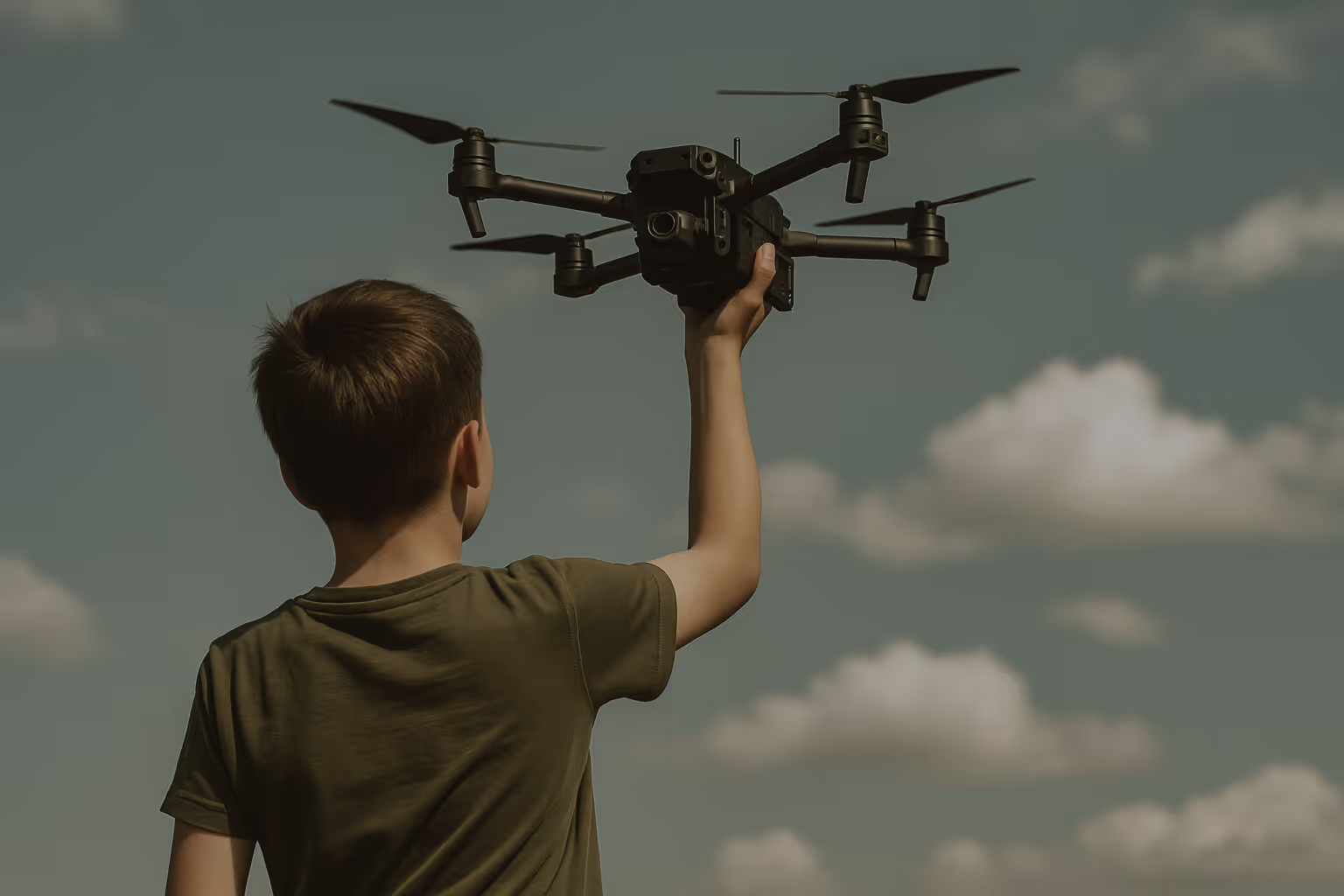
.avif)


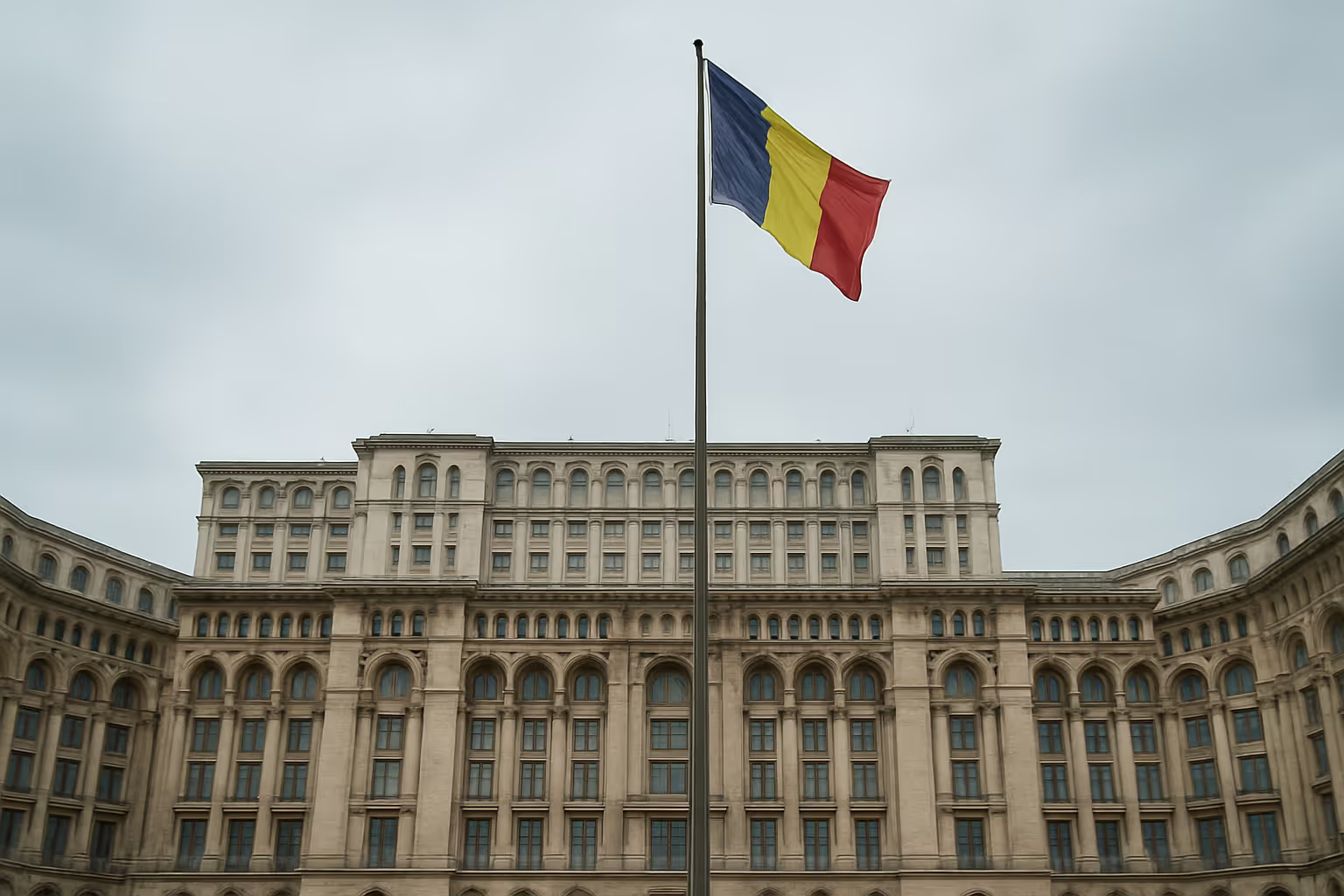
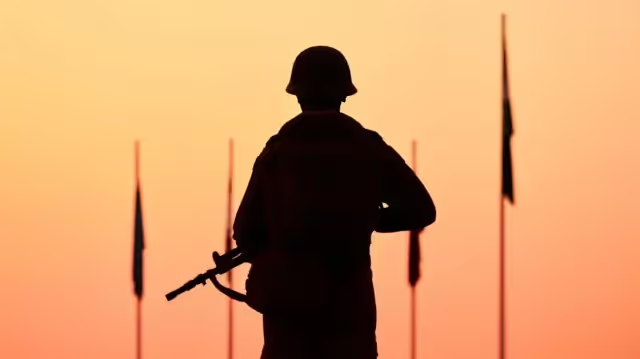
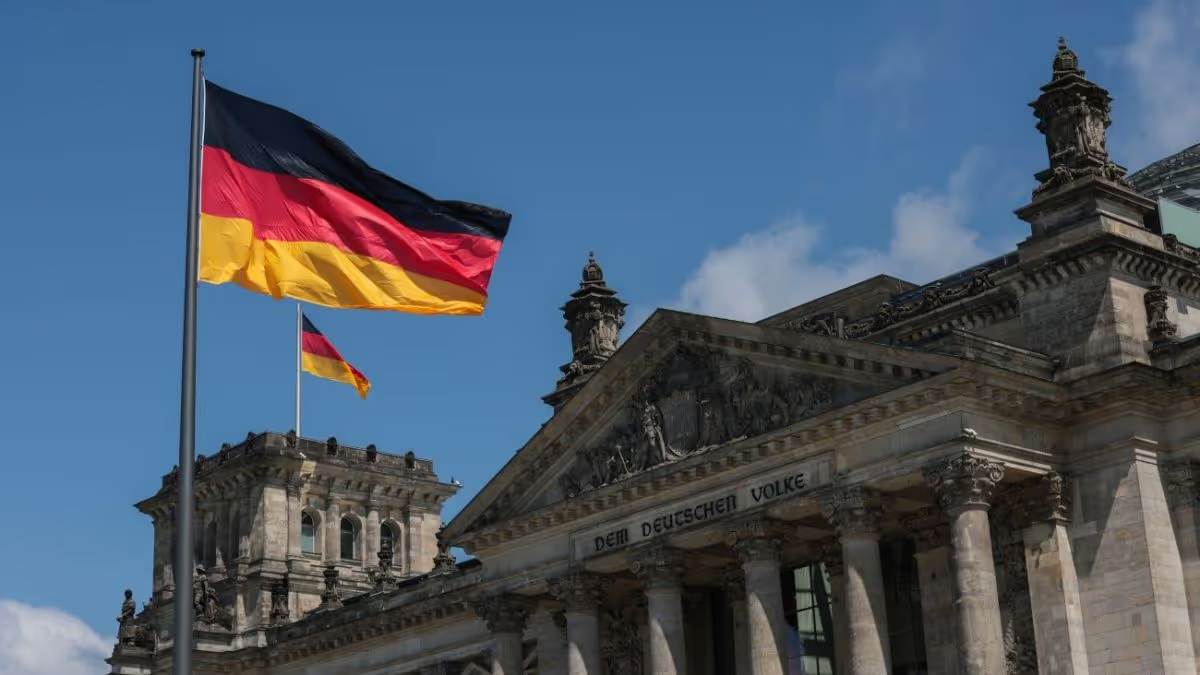
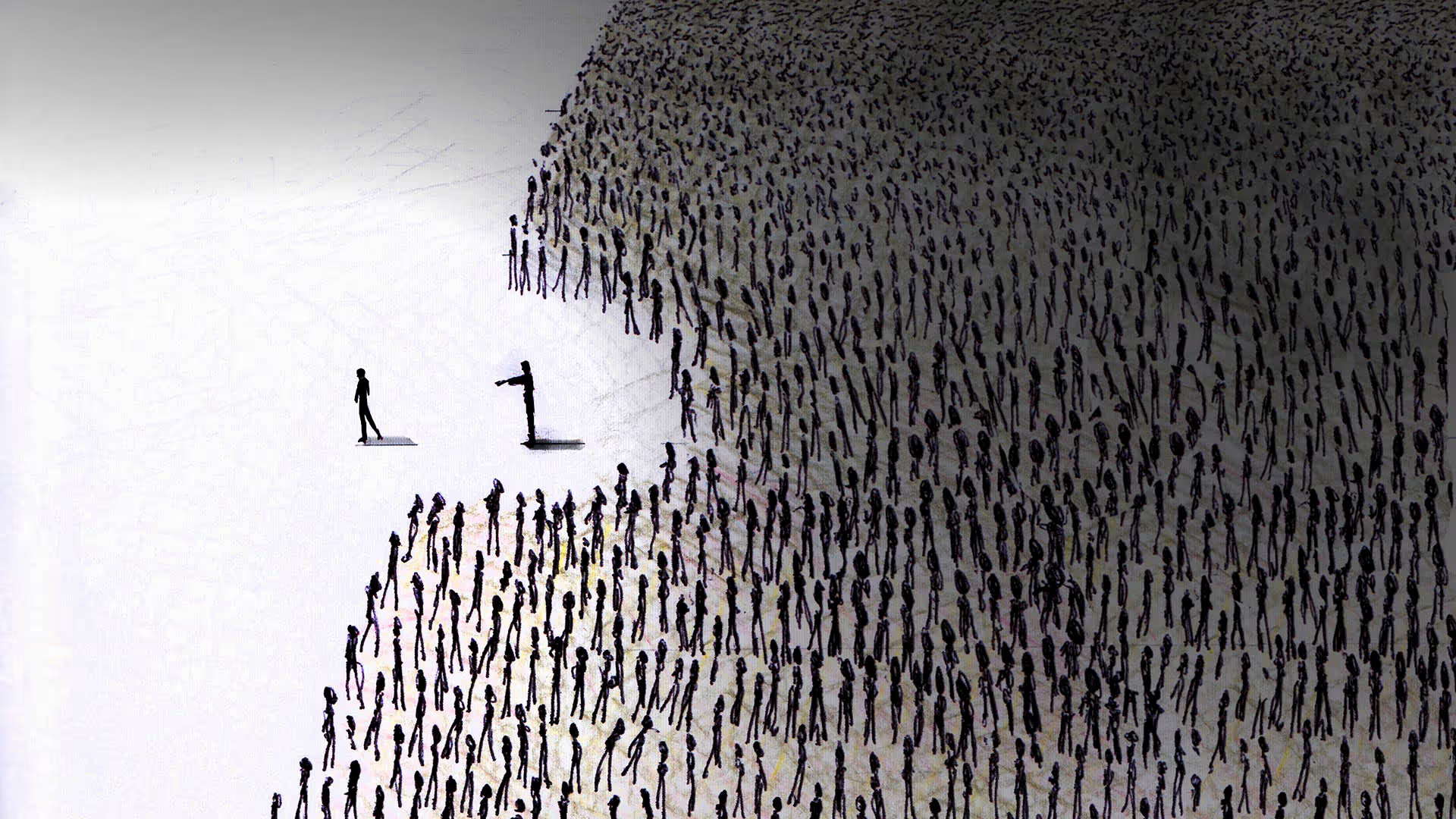
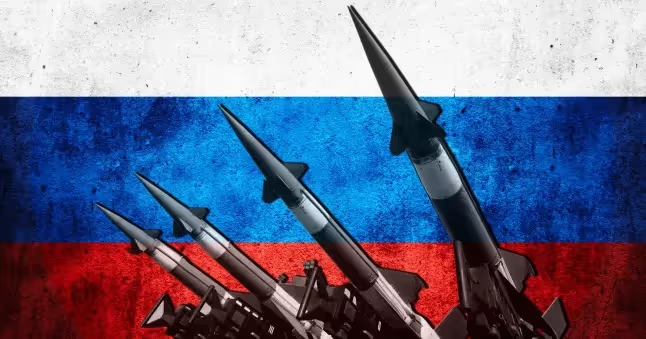
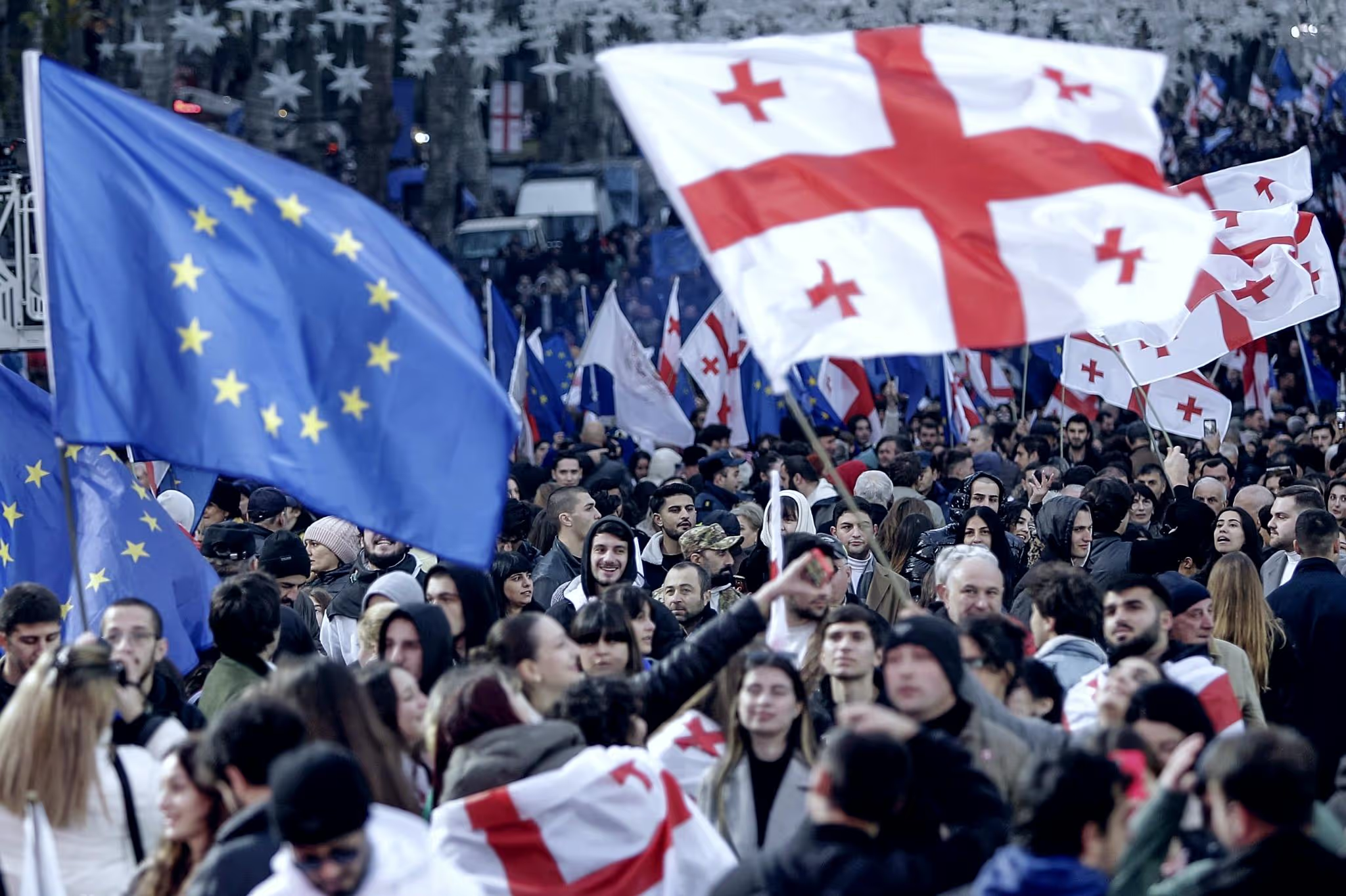




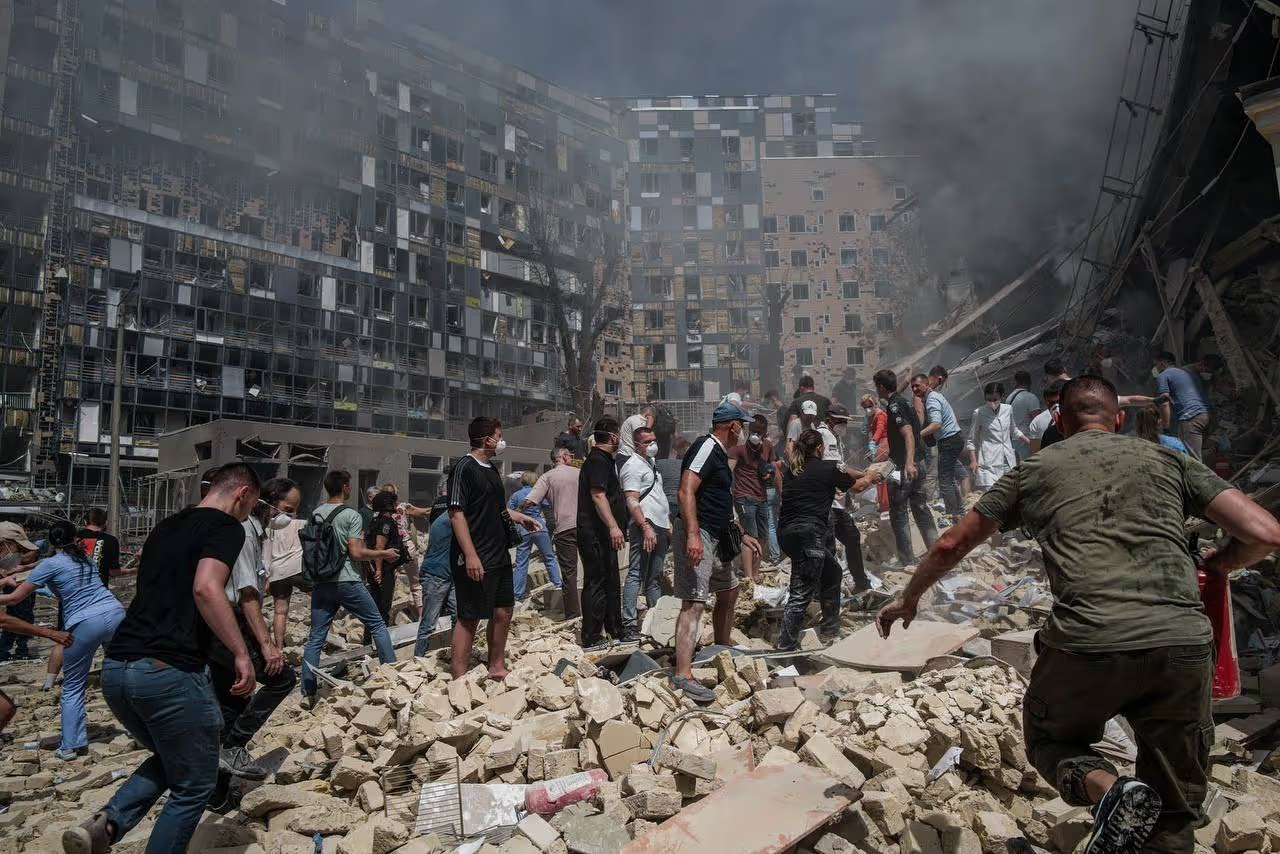


.avif)

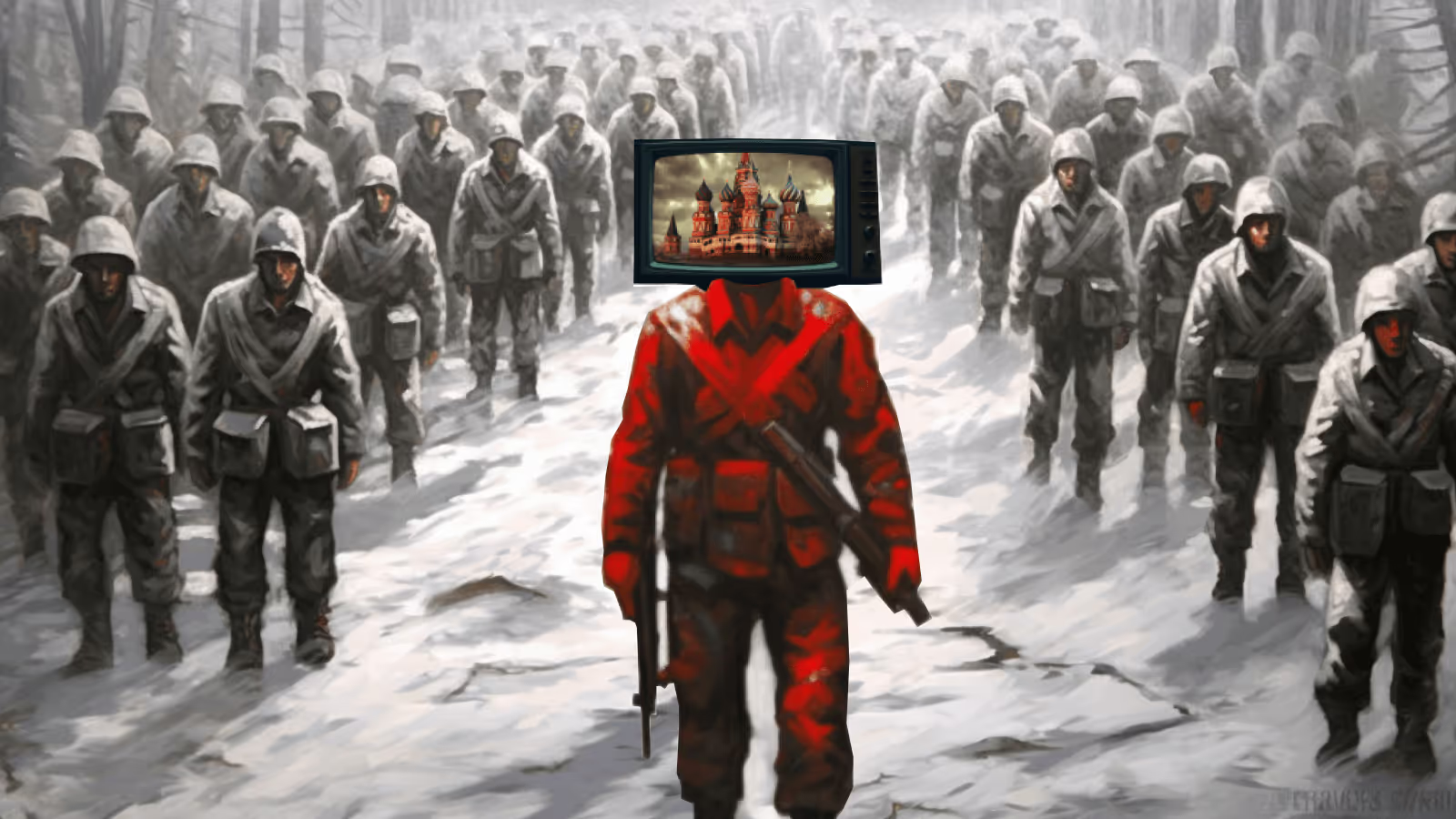
.avif)

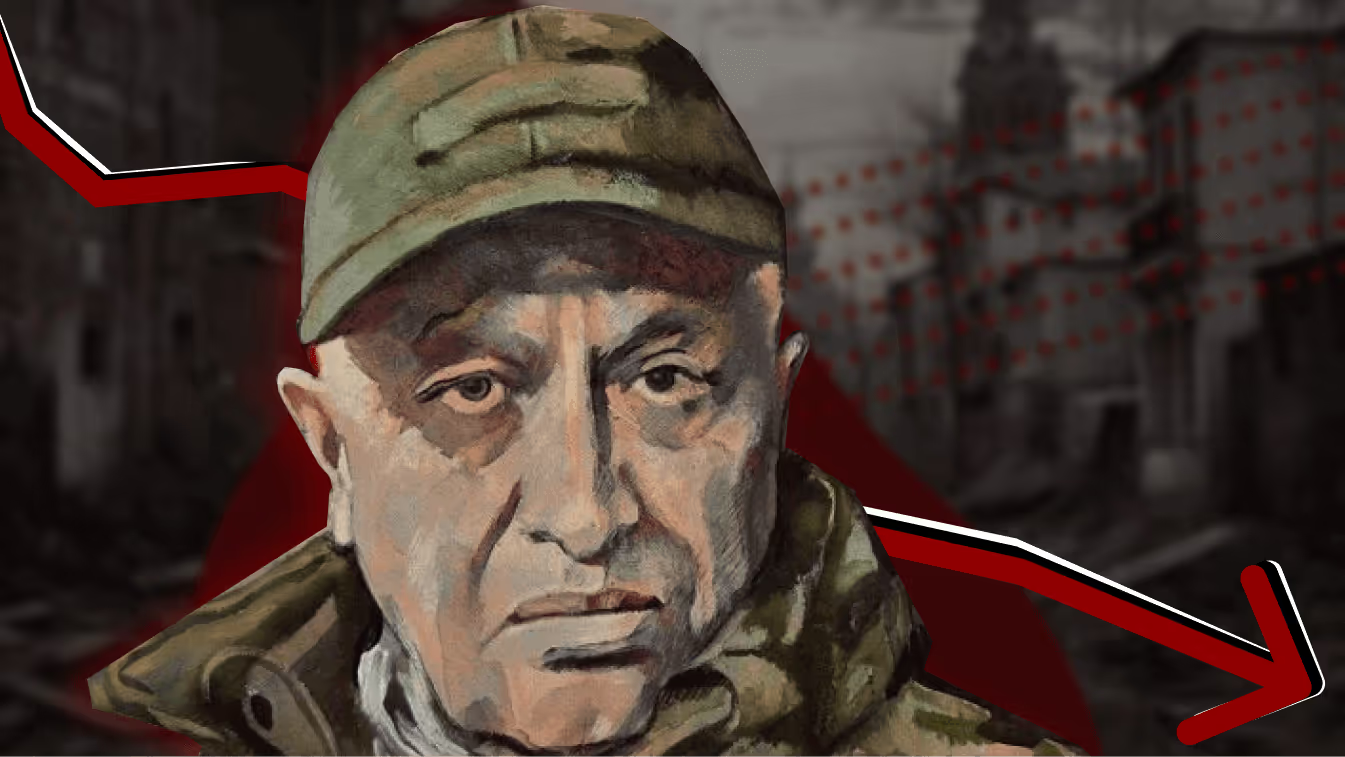
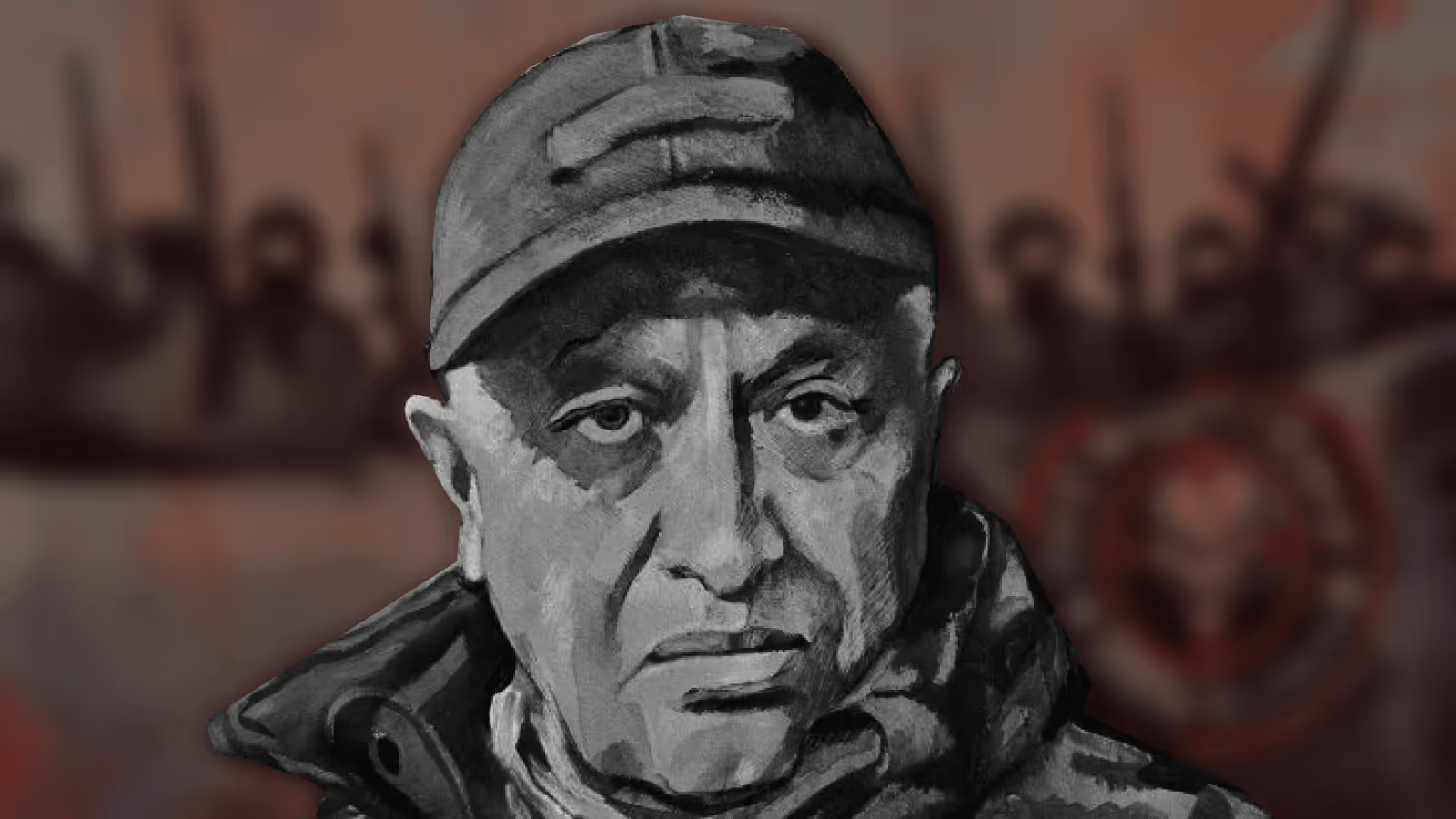
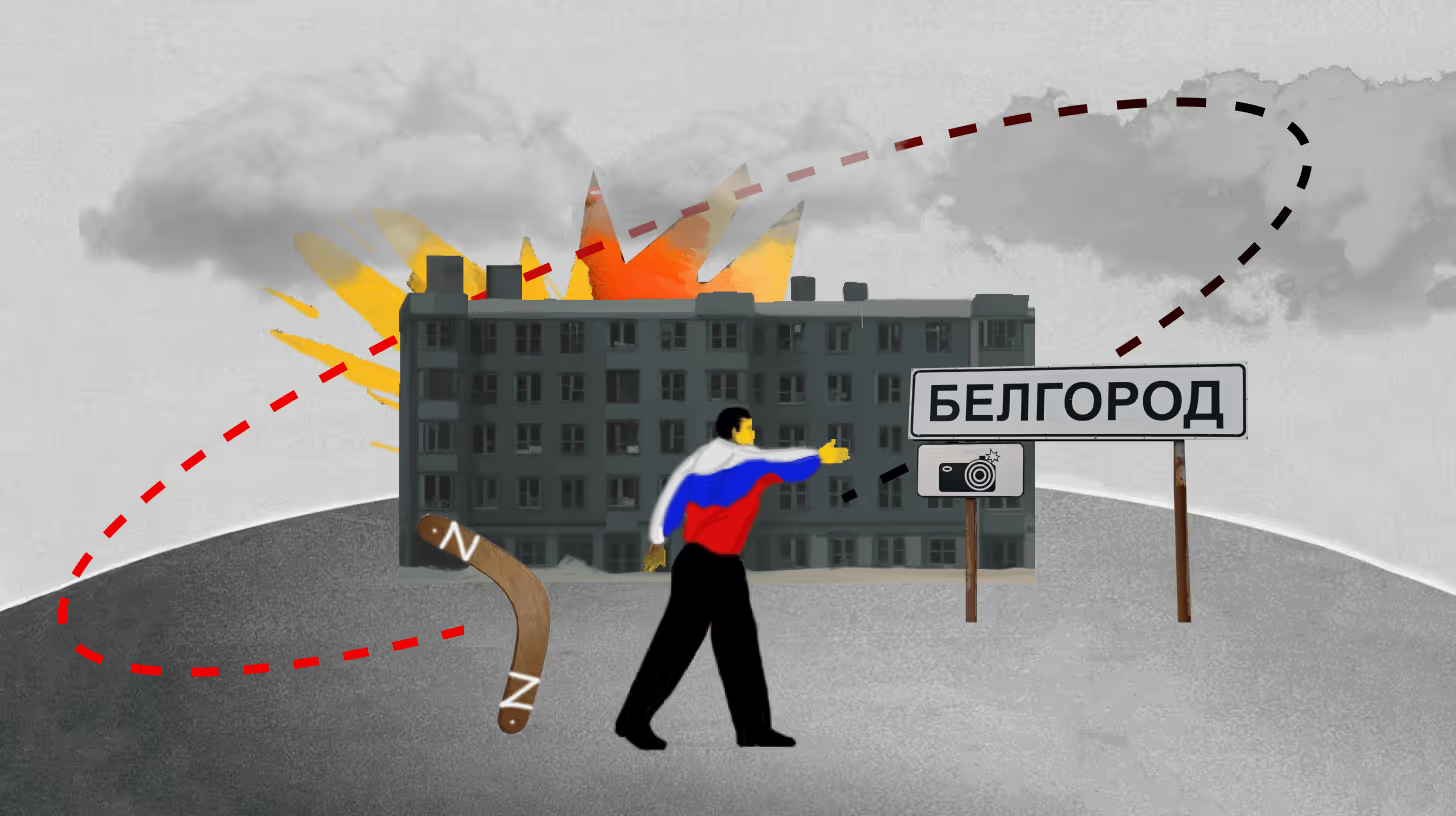
.avif)

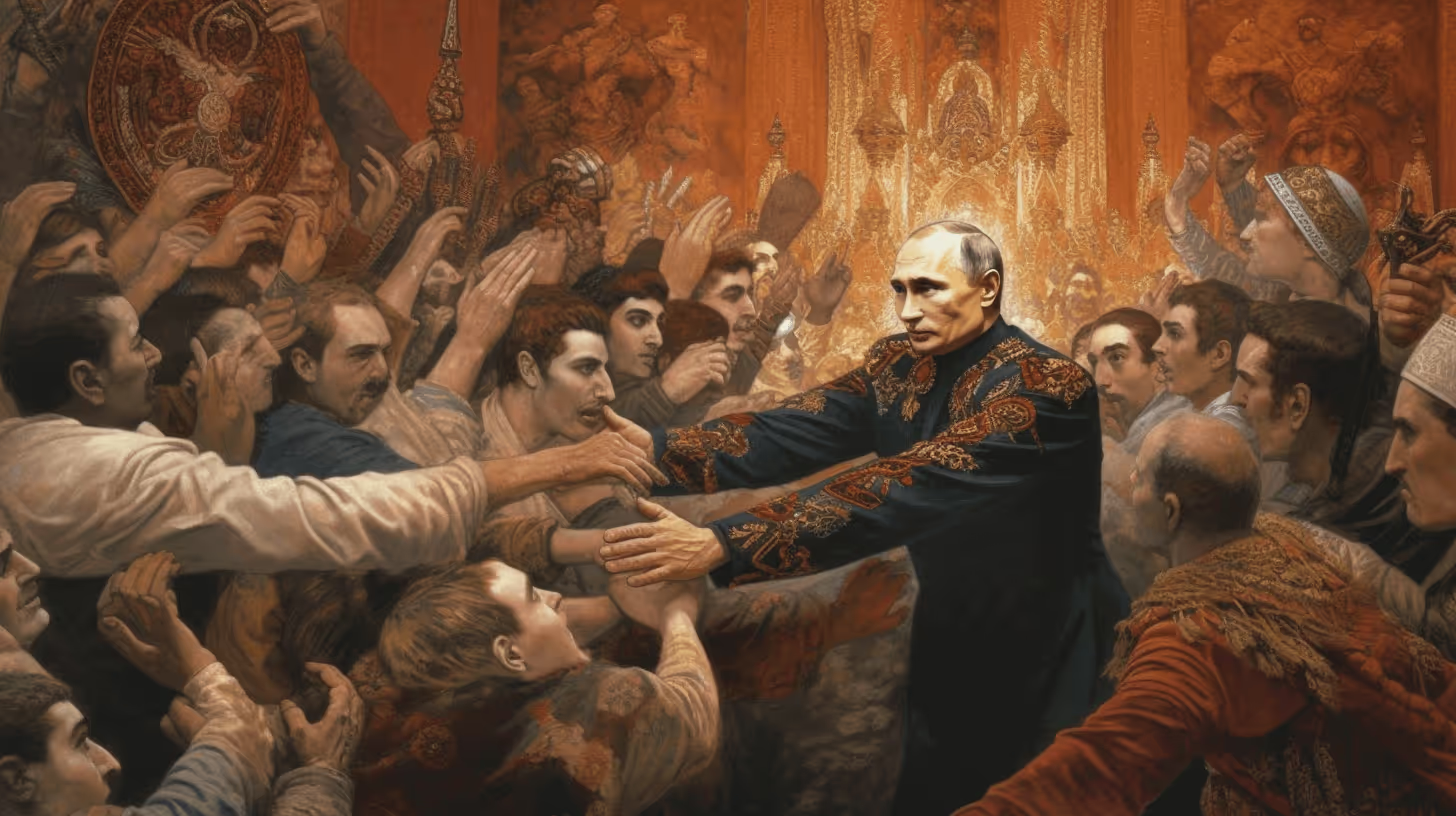
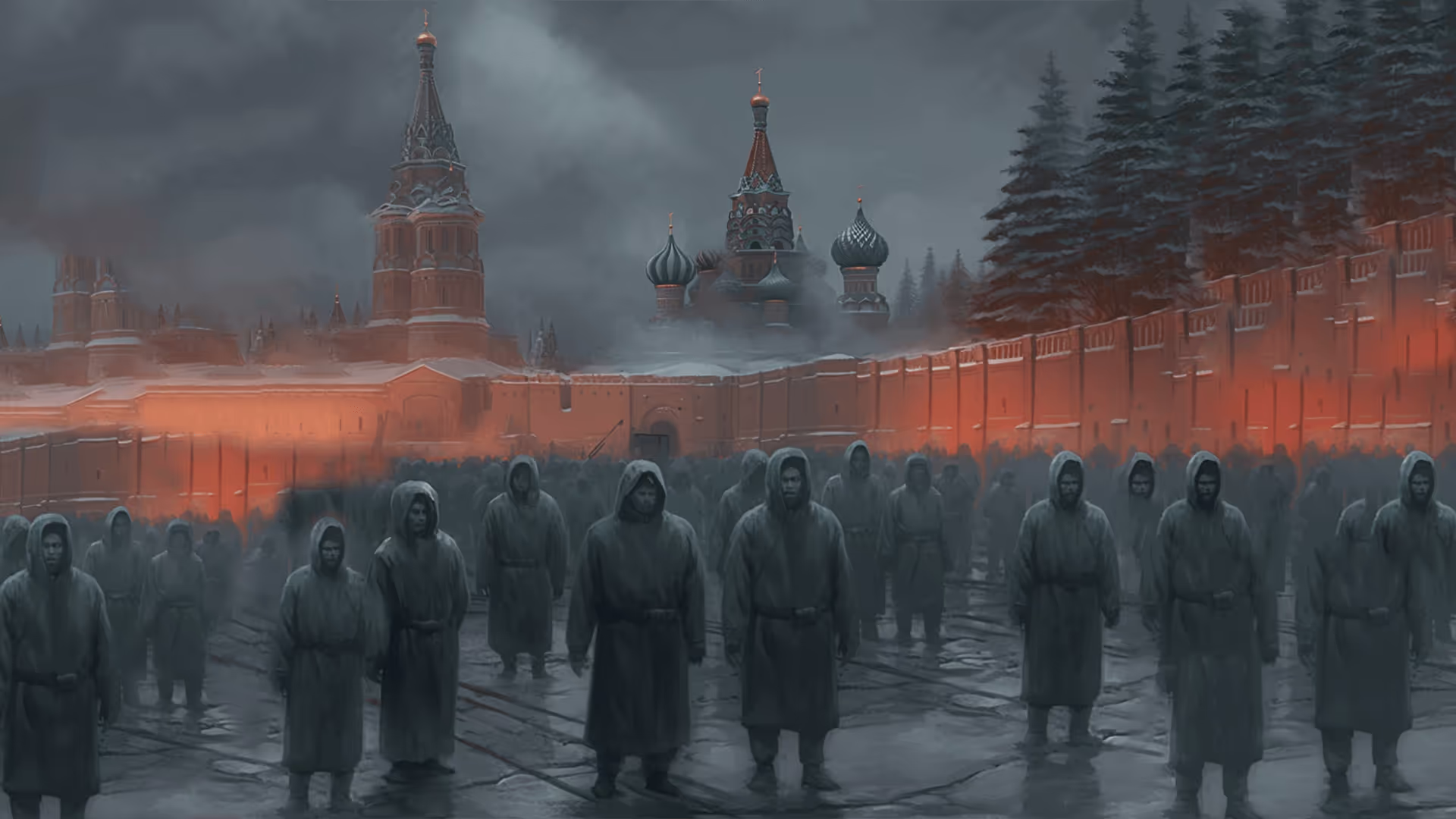

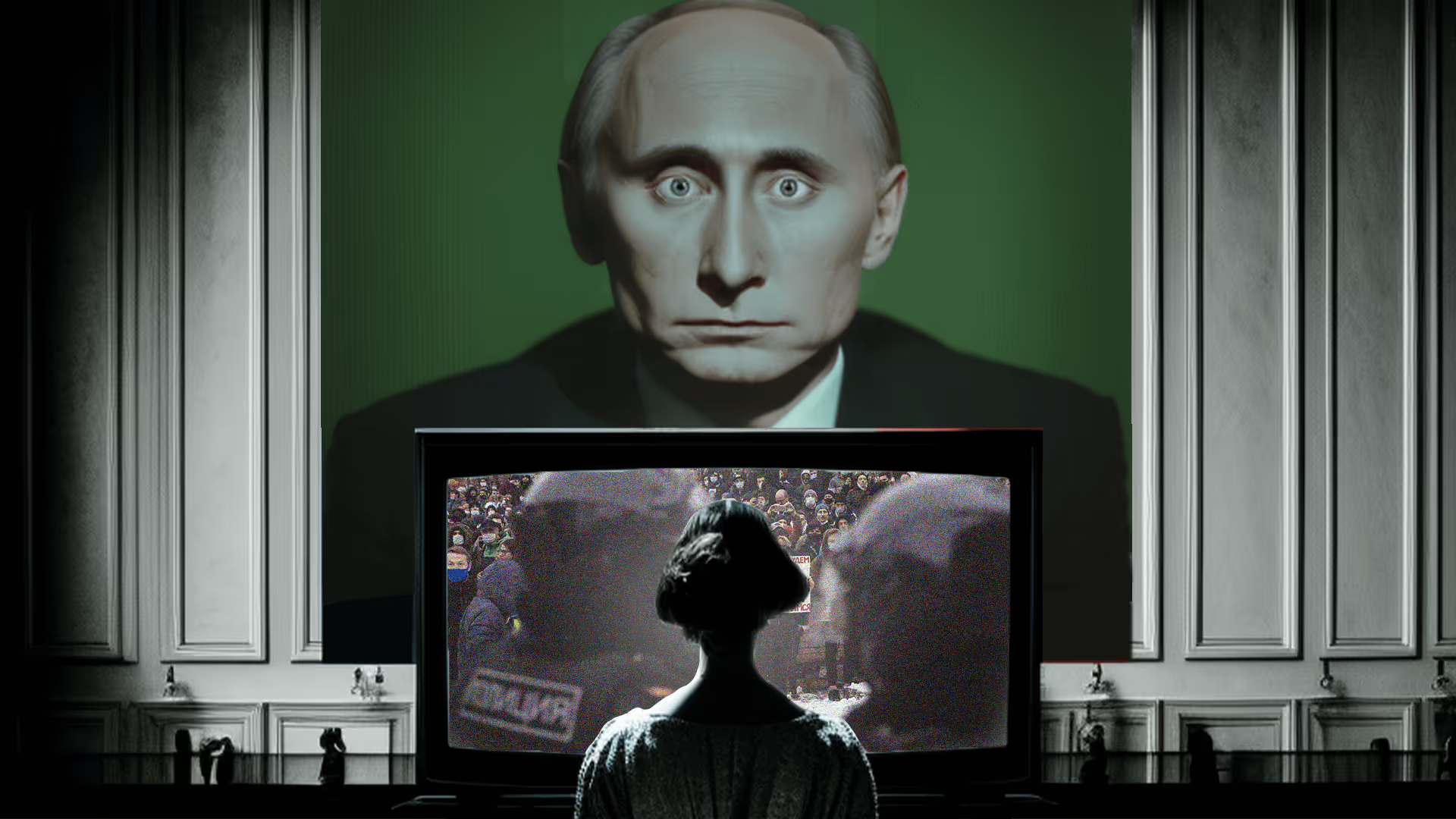



-01-2.avif)
-01.avif)
-01.avif)




-01%25202-p-500.avif)







